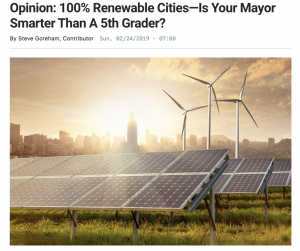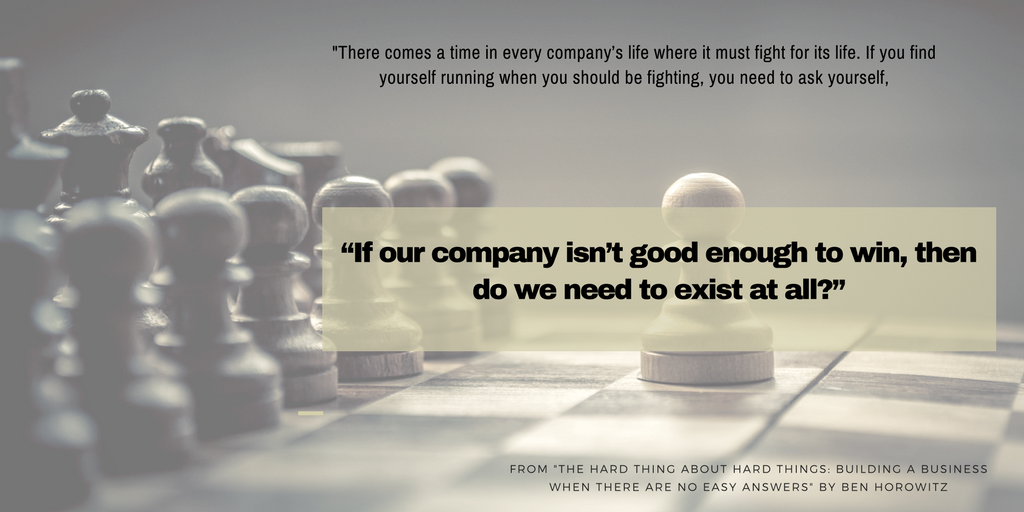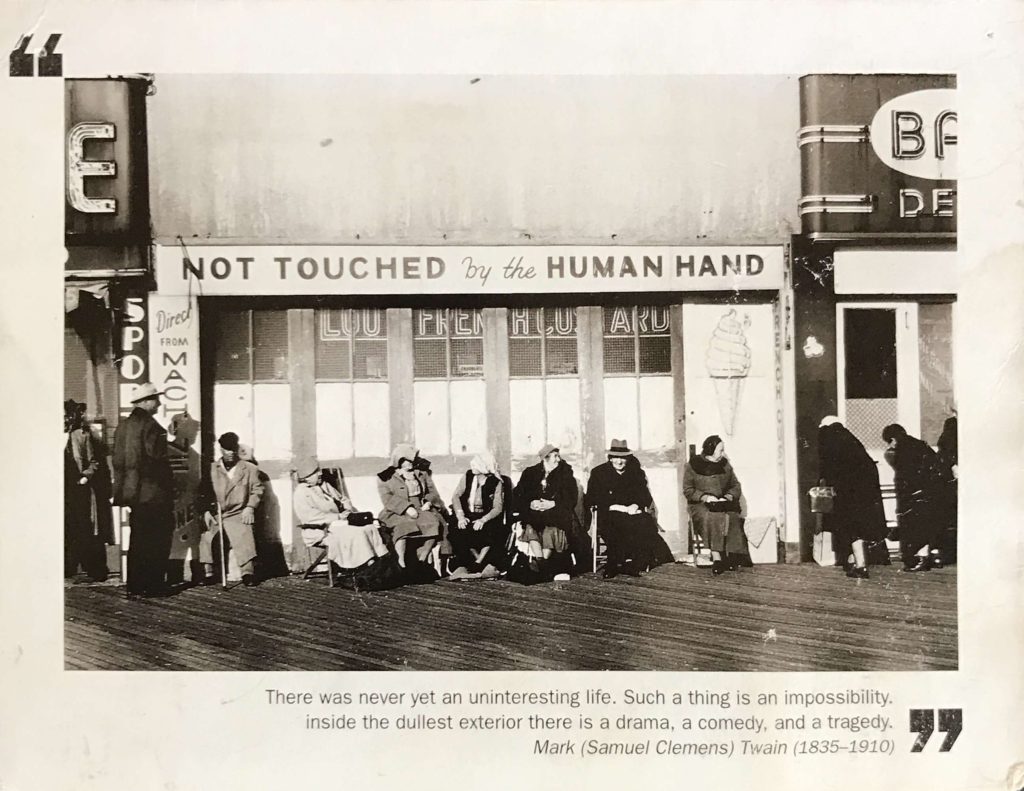Books
Reading Mindset: The New Psychology of Success by Carol S. Dweck which explores the differences between people who operate mostly from a fixed-mindset or a growth-mindset view of the world (“mostly” because nobody is all one or the other).
People may start with different temperaments and different aptitudes, but it is clear that experience, training, and personal effort take them the rest of the way. Robert Sternberg, the present-day guru of intelligence, writes that the major factor in whether people achieve expertise “is not some fixed prior ability, but purposeful engagement, or
as Binet recognizes, it’s not always the people who start out the smartest who end up the smartest.
Finished reading Lincoln at Cooper Union, by, Harold Holzer about what most believe was the speech that made Lincoln President. The book paints a picture that puts the future of the nation and the issue of slavery in the hands of a seemingly unnoticeable evening in New York. Lincoln, with all his wisdom knew what this opportunity represented for himself & the ideas he believed, spending hundreds of hours over months preparing for the moment of his and potentially the nation’s life.
The Cooper Union address tested whether Lincoln’s appeal could extend from the podium to the page, and from the rollicking campaigns of the rural West to the urban East, where theaters, lecture halls, and museums vied with politics for public attention. Cooper Union held the promise of transforming Lincoln from a regional phenomenon to a national figure. Lincoln knew it, and rose to the occasion.
Finished reading The Orchid and the Dandelion, by Thomas Boyce, which was recommended in a weekly email blast by Susan Cain, author of Quiet (which I read last year). Insightful research geared towards kids, but just as relevant in looking at the entire family, work and life experiences with different types of people and what makes them tick.
Articles
The Health Care Bell Curve
by: Atul Gawande
in: The New Yorker
About what happens when patients find out how good their doctors really are. Their reactions are probably not what you would think.
And the lengths one doctor goes to to be better than just really good.
in medicine, we are used to confronting failure; all doctors have unforeseen deaths and complications. What we’re not used to is comparing our records of success and failure with those of our peers. I am a surgeon in a department that is, our members like to believe, one of the best in the country. But the truth is that we have had no reliable evidence about whether we’re as good as we think we are. Baseball teams have win-loss records. Businesses have quarterly earnings reports. What about doctors?
In this short speech was the core of Warwick’s world view. He believed that excellence came from seeing, on a daily basis, the difference between being 99.5-per-cent successful and being 99.95-per-cent successful. Many activities are like that, of course: catching fly balls, manufacturing microchips, delivering overnight packages. Medicine’s only distinction is that lives are lost in those slim margins.
Public Education’s Dirty Secret
by: Mary Hudson
in: Quillette
It is not poor teaching or a lack of money that is failing our most vulnerable populations. The real problem is an ethos of rejection that has never been openly admitted by those in authority.
Why should millions of perfectly normal adolescents, not all of them ghettoized, resist being educated? The reason is that they know deep down that due to the color of their skin, less is expected of them. This they deeply resent. How could they not resent being seen as less capable? It makes perfect psychological sense. Being very young, however, they cannot articulate their resentment, or understand the reasons for it, especially since the adults in charge hide the truth. So they take out their rage on the only ones they can: themselves and their teachers.
They also take revenge on a fraudulent system that pretends to educate them. The authorities cover up their own incompetence, and when that fails, blame the parents and teachers, or lack of funding, or “poverty,” “racism,” and so on. The media follow suit. Starting with our lawmakers, the whole country swallows the lie.
Listened to
Podcast: Myth & reality: General Stanley McChrystal
On: The Jordan B. Peterson Podcast
Discussion about:
-leadership,
-McChrystal’s new book Leaders: Myth and Reality that covers 13 leaders across many fields (a few you wouldn’t expect),
–Service Year Alliance and his effort to get funding for 4 million kids to be able to spend a year doing service after high school and before college. That is compared to the 200,000 spots open today in the Americorps program. McChrystal says that there are 2 million kids a year that want to do service but can’t afford to spend the year without SOME income.




